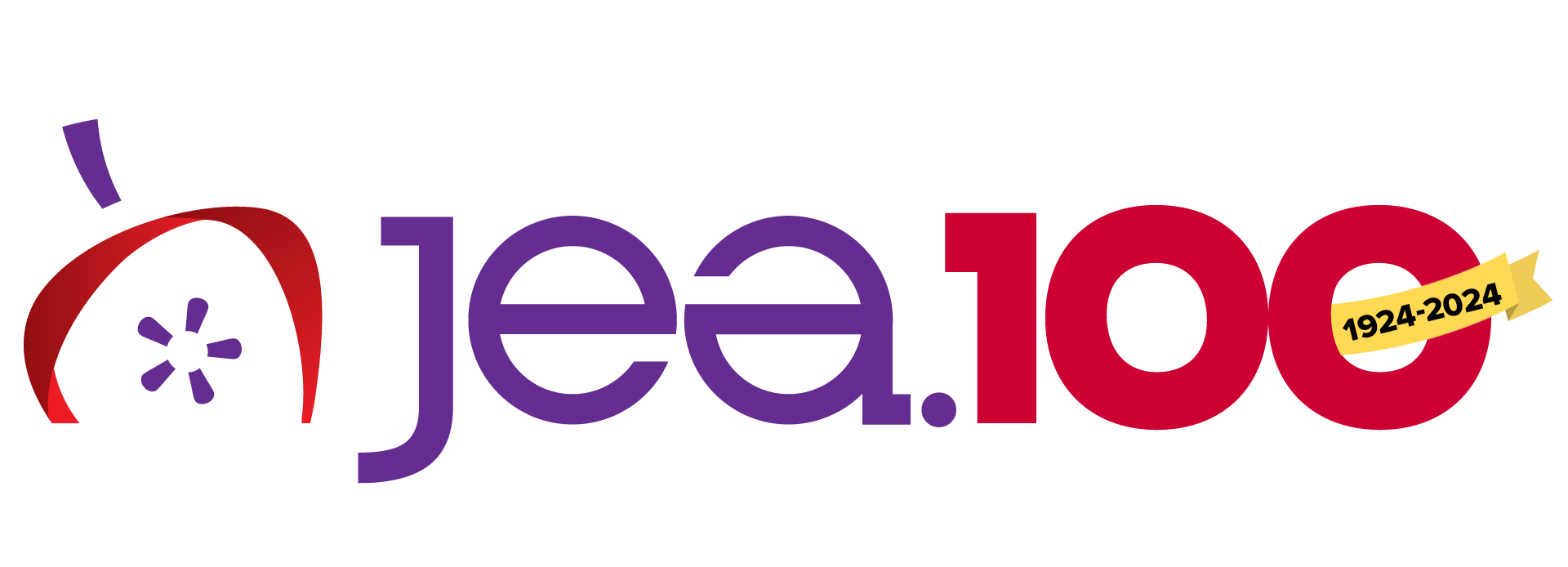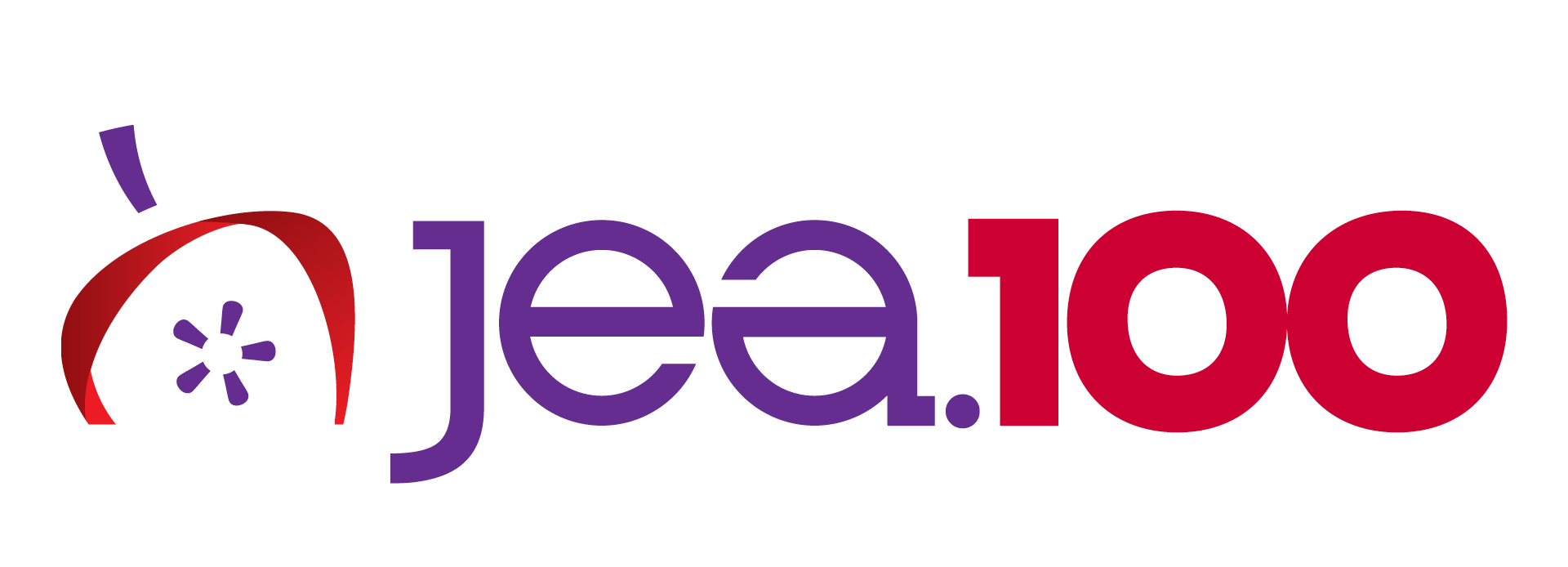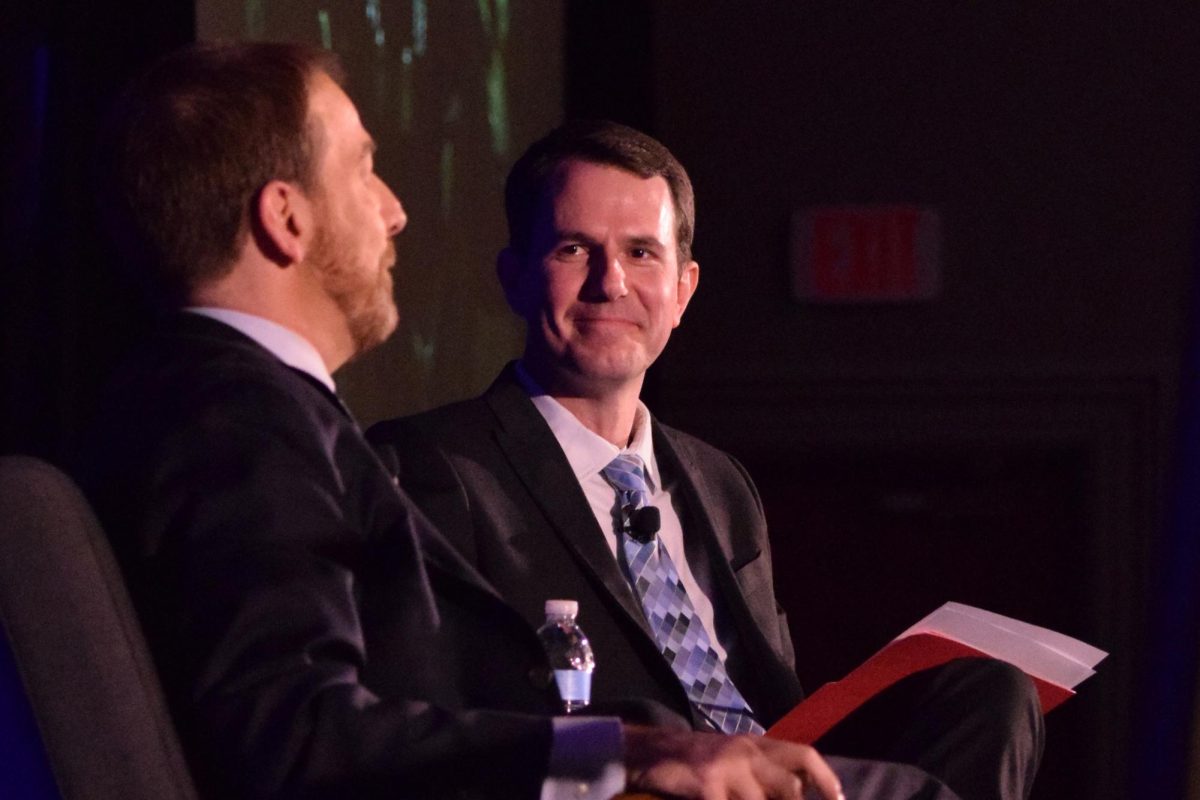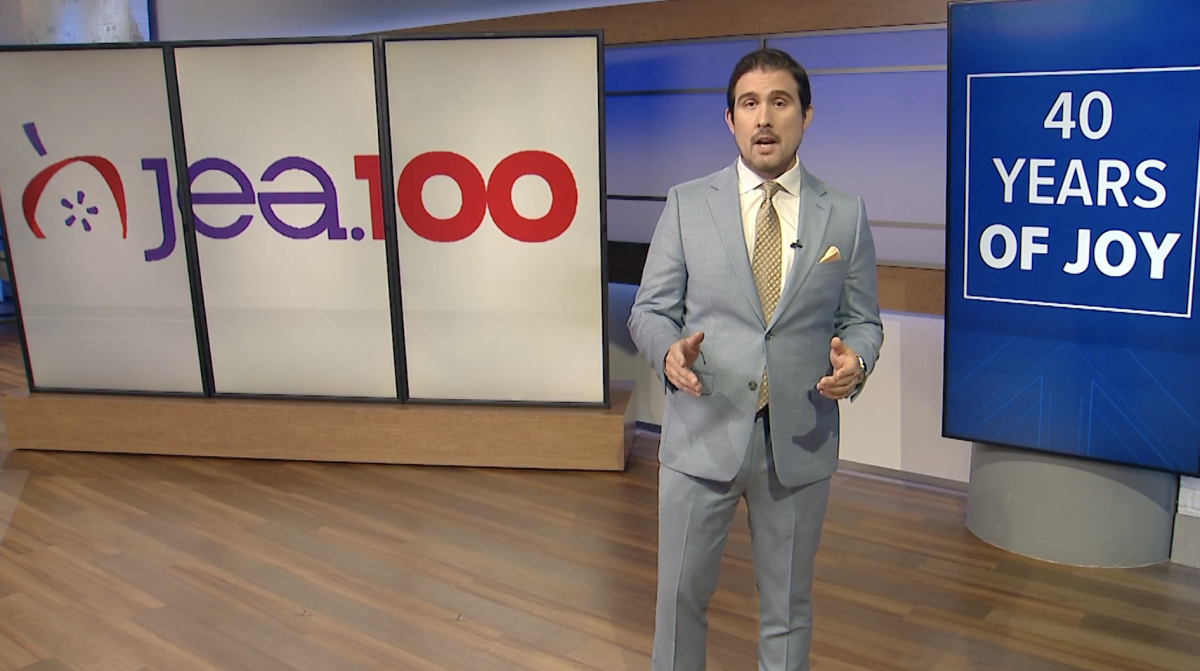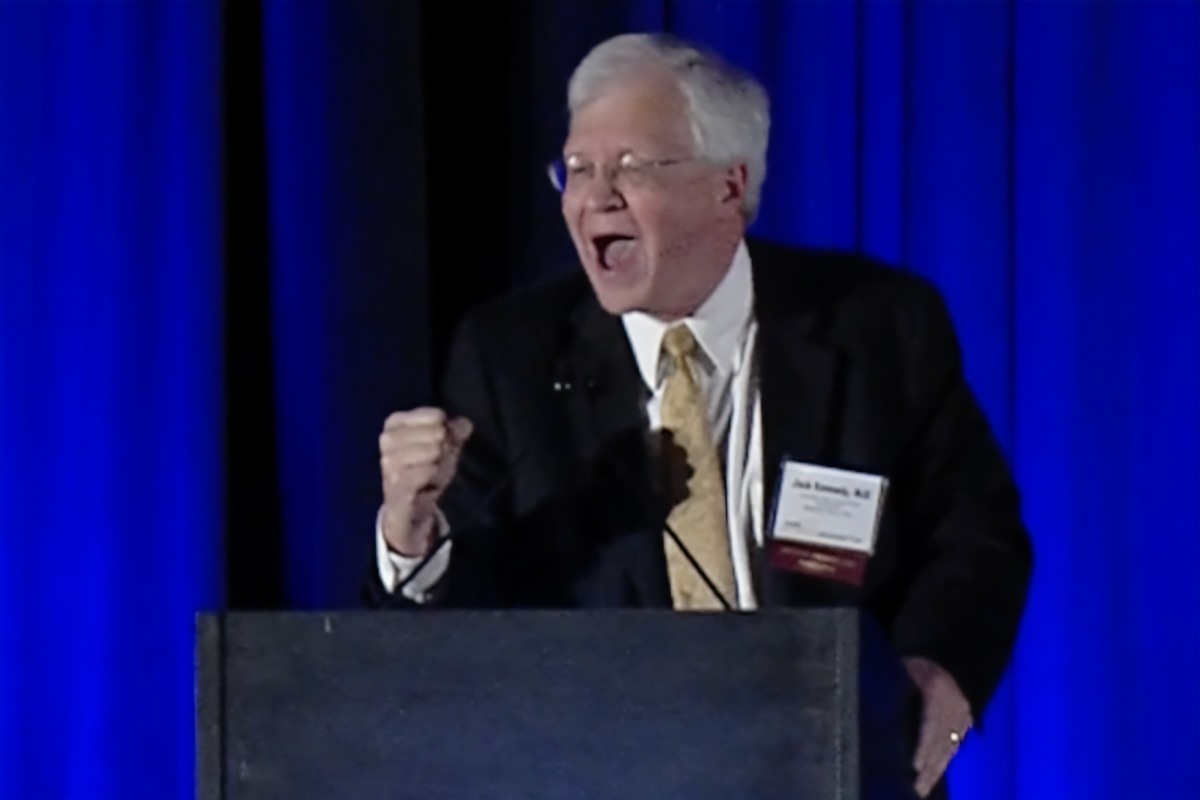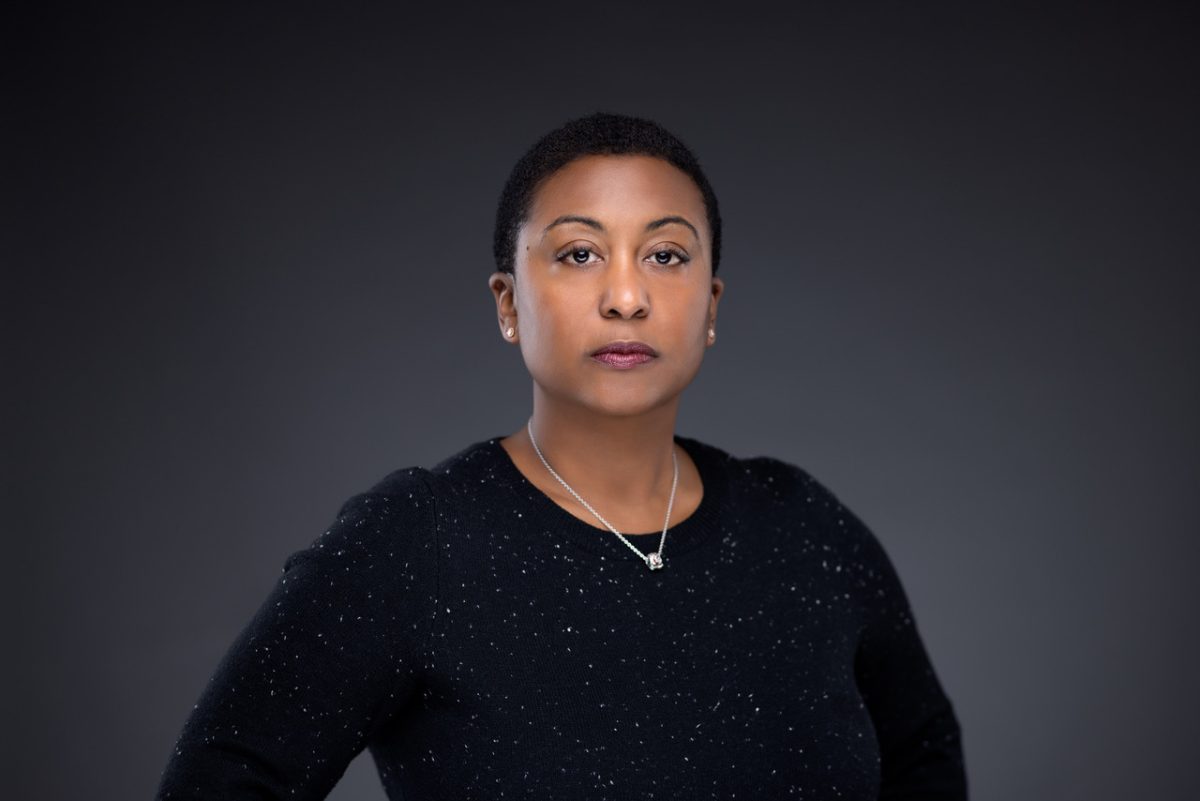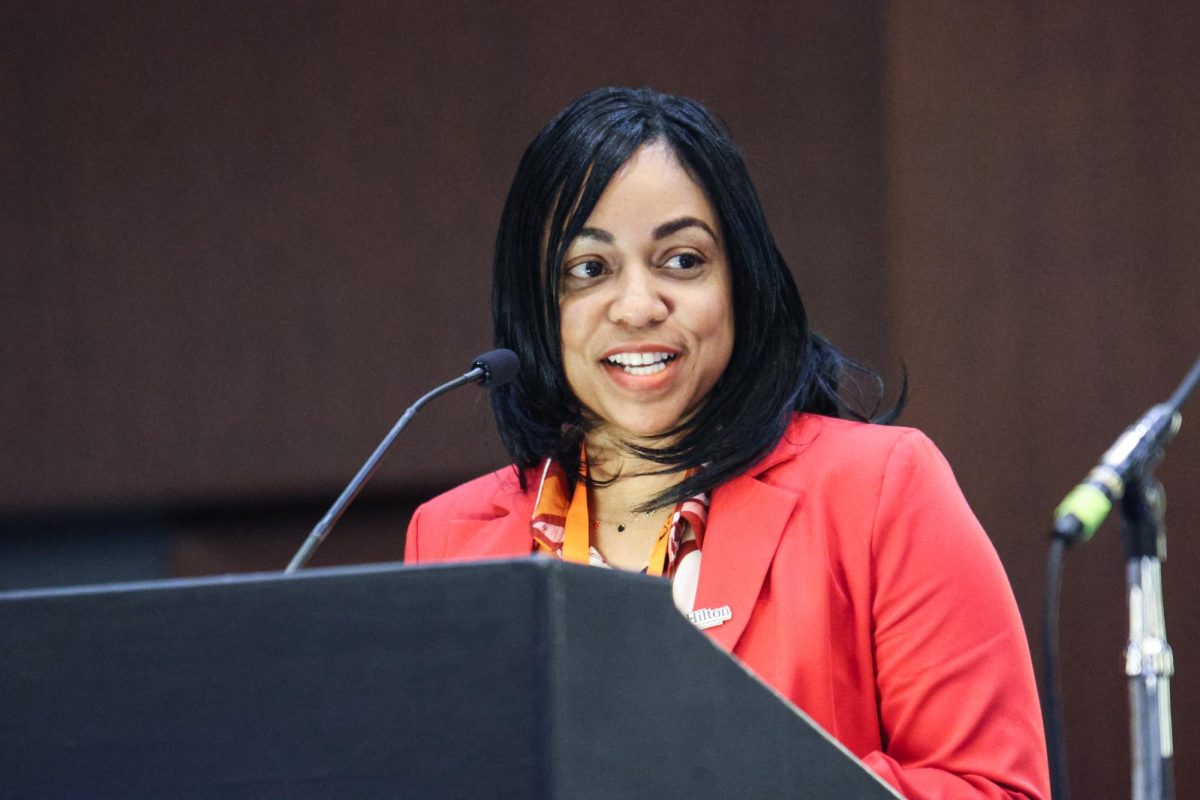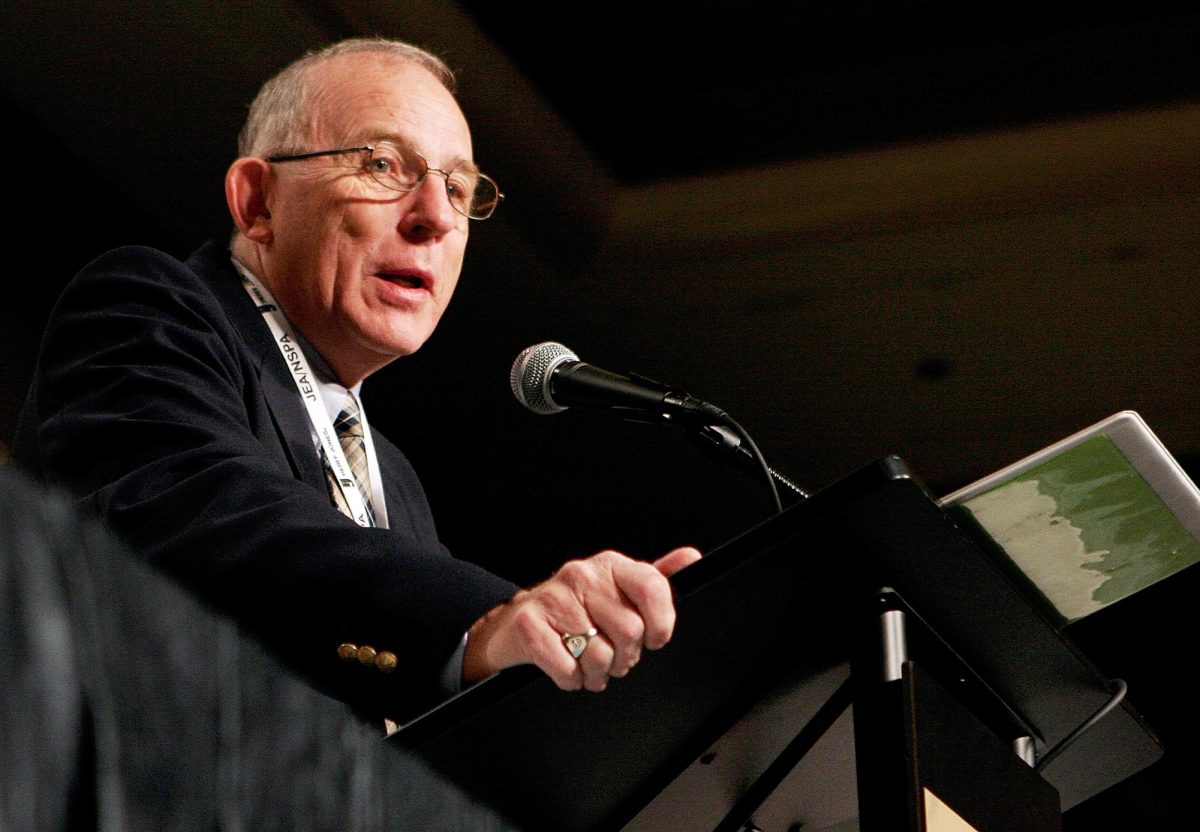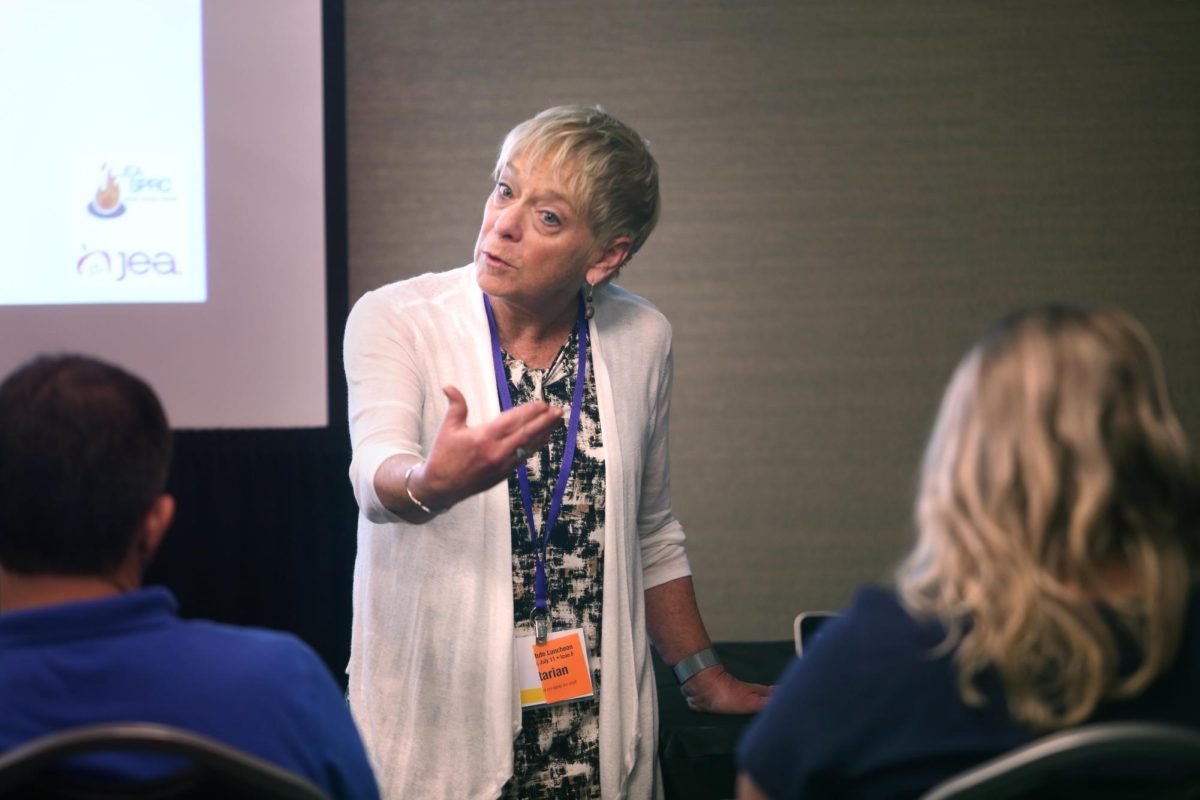Becoming executive director of JEA was a natural progression and a bit of a homecoming for Kelly Furnas (executive director 2010-2016). Walking into his office in Kedzie Hall took him back to his days as editor of the Kansas State Collegian when he spent most of his waking hours in the newsroom. It was a place he felt comfortable because journalism was part of his DNA.
“Both of my parents were journalists, and while that itself wasn’t necessarily inspiration to become a journalist, it certainly exposed me to a lot of the loftier ideals of the profession,’ Furnas said. “I think once I started writing for my high school newspaper there really was no thought about doing anything other than journalism for the rest of my life.”
Like other journalists and journalism teachers the first time he connected with JEA was at a convention as a high school student.
“My staff attended a national convention in Kansas City, and seeing the sheer number of people who were passionate about scholastic journalism was absolutely inspiring,” he said.
After working for newspapers in Las Vegas and Tallahassee, he advised at Virginia Tech and earned a master’s degree in business administration from Florida State University. Both experiences prepared him to lead JEA as executive director in a time of change and growth. One of the highlights for Furnas was the development of the Curriculum Initiative.
“I was just so pleased with how that program was conceived and just how many members made — and continue to make — efforts to improve that shared resource,” Furnas said. “It literally started as back-of-a-napkin concept that Mark Newton and I brainstormed in a coffee shop in Manhattan, Kansas, and thanks to the generosity of subject-area experts and a host of other volunteers, board members and contributors, it grew into something that far surpassed what we envisioned that day. I love that it continues to evolve and develop based on the changing needs of teachers and the journalism profession.”
A focus on helping teachers also resulted in a revision of the Advisers Institute.
“The Advisers Institute moved from a workshop model to more of a conference/convention model, and while I definitely think there were advantages to the longer, more intimate version, I am glad it started reaching so many more teachers.,” Furnas said. “I remember in the first year during the opening reception I shared that admittedly overused metaphor about teaching being like the safety instructions on an airplane: ‘Put your own oxygen mask on before helping others.’ Professional development for teachers has to be more than chaperoning students to a national convention. They need time and space to work with each other — without distractions — to improve their craft. Helping themselves before helping others.”
For Furnas, focusing on programs to engage and help more teachers is a must.
“Every board and every executive director have put so much time and resources into trying to make sure the organization is as diverse as the schools we’re teaching in, and we’re still so far away from that. Journalism, perhaps more than most subjects, needs teachers who can provide students with context that comes from living and experiencing the world through the lens of different races, ethnicities, religions, abilities, sexualities, genders, political affiliations and interests. Even if I lack some of those experiences personally, being part of an association where diverse voices are amplified at conventions or on the Listserv will make me a better teacher. I know the teaching profession, as a whole, struggles with this issue, but as an organization we just have to continue to put energy and attention toward these initiatives. Not only will we not improve if we ignore it — we’ll actually regress.”
Regressing for Furnas is not an option and while there are challenges there are also bright spots.
“Industry challenges weigh on me a lot. Both of my parents were journalists. My spouse is a journalist. Almost everyone close to me is involved in journalism. So, when I hear about layoffs or I read about misinformation or assaults on journalists it’s not just an abstract concern. It feels very personal.
“I remember a moment as executive director that comforts me to this day. It was a few moments before the opening ceremony at the Seattle convention, and we had the doors to the auditorium locked while I was working with our audio-visual technicians to do sound checks. When we were all wrapped up, I signaled to the facility staff to open the doors and hundreds of teenagers came running — running — into the auditorium to get a seat in the front.
“JEA means something different for everybody. It might be a place to connect with friends. It might be a place to win awards. It might be a lifeline for resources. But that day always reminds me that JEA is an incubator for enthusiasm about this wonderful, fun, important, critical profession — journalism.
“And if hundreds of teenagers are running to learn more about it, then journalism is going to be just fine.”
